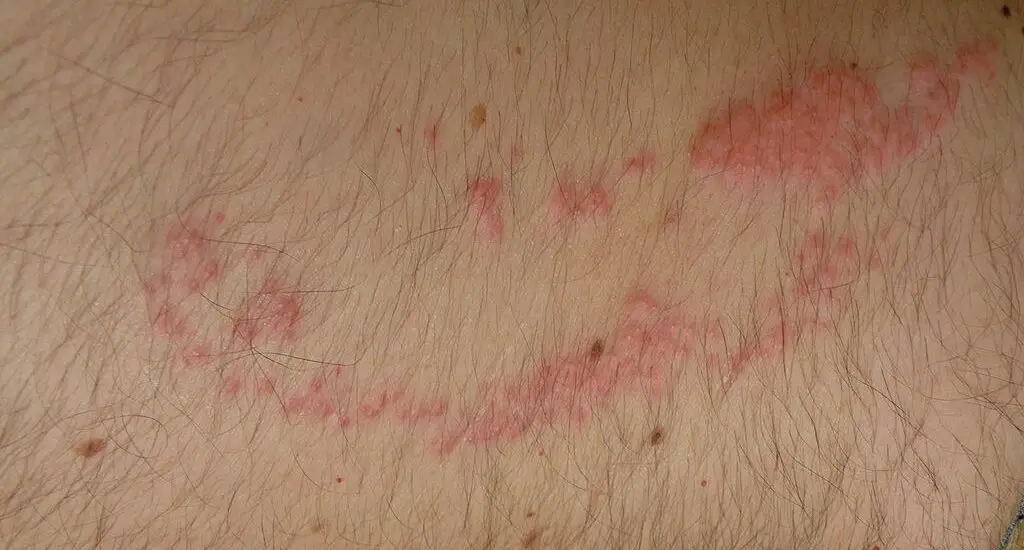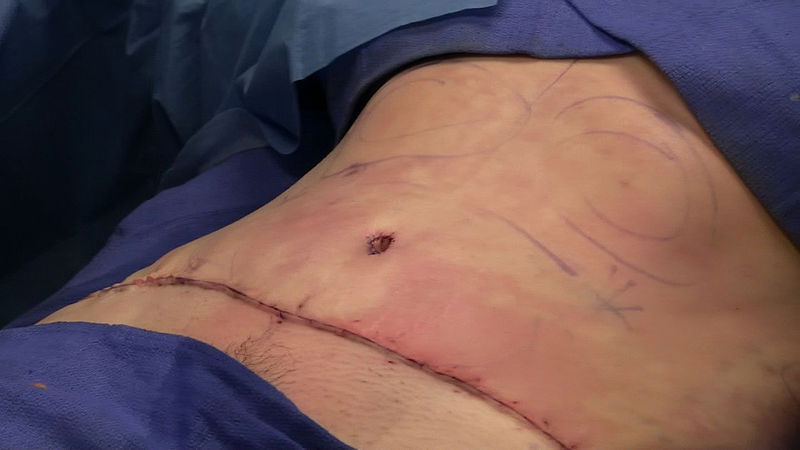If you’re struggling with lines on skin from eczema, you’re not alone. This comprehensive guide is designed to help you understand and manage this condition, with a step-by-step approach to treatment options.

Table of Contents
What Are Lines on Skin from Eczema?
Eczema, clinically known as atopic dermatitis, is a chronic skin condition characterized by inflammation, itching, and dry skin. When lines or cracks appear on your skin due to this condition, they are usually a result of severe dryness, inflammation, and itching that has aggravated the skin surface. The skin can no longer maintain its smooth texture, leading to the appearance of these lines.
The lines often look like tiny cracks on the surface and can be quite shallow or deep enough to cause minor bleeding. They can occur on various parts of the body, including the hands, arms, and legs, and are often accompanied by other symptoms.
Symptoms to Watch For
While the appearance of lines is the key symptom of concern here, it’s usually one piece in a larger puzzle of symptoms that accompany eczema. Here’s a breakdown:
Dry skin: Eczema often starts with excessive skin dryness. The absence of adequate moisture makes the skin fragile and prone to cracking and forming lines.
Inflammation: You will likely notice red, inflamed skin surrounding the lines. Inflammation is a reaction from your immune system to try to protect your skin.
Swelling: In more severe cases, the skin around the lines may swell, indicating a more acute inflammatory response.
Itching: Eczema is notorious for causing persistent itching, which can make you scratch, thereby worsening the lines and potentially causing infection.
Causes of Lines on Skin from Eczema
The causes of lines on the skin from eczema are multi-faceted and may include the following:
Allergens: Substances like pollen, dust mites, or animal dander can trigger an eczema flare-up, leading to dry skin and lines.
Stress: Emotional stress does not directly cause eczema but can trigger or exacerbate symptoms like skin lines.
Cold Weather: During the winter months, the air is dry, making your skin more susceptible to becoming dry and forming lines.
Genetic Factors: If eczema or allergies run in your family, you are at a higher risk for developing the condition, including the symptoms of skin lines.
Check out these other related articles…
White Patches on Skin After Eczema: A Complete Guide
Discoloration of Skin Due to Eczema: Comprehensive 411 Guide
Bumps on Skin From Eczema: A Comprehensive 411 Guide
Red Skin After Eczema: Your Complete Treatment Guide
Can Skin Recover From Eczema: The Ultimate Guide to Healing
Skin Peeling After Eczema Flare Up: Healing or Concern?
Does Skin Discoloration from Eczema Go Away? Detailed Answer
Treatment Options for Lines on Skin from Eczema
Management of lines on skin from eczema usually requires a multi-pronged approach that addresses not just the lines but also the underlying condition. Here are the primary treatments:
Topical Steroids: These are medicated creams designed to reduce inflammation and itching. You apply them directly to the affected areas. They come in various strengths, so it’s crucial to follow your doctor’s advice on which to use and how often.
Moisturizers: Daily moisturizing is critical. Look for creams or ointments rather than lotions, as they are more effective in trapping moisture. A highly recommended example is the CeraVe Skin Renewing Night Cream listed on Amazon.
Antihistamines: These medications can help control itching, especially during nighttime, to provide a more comfortable sleep.
Light Therapy: In severe cases, UV light treatment can help. However, this is usually a last resort option and should be administered under medical supervision.
When to Seek Medical Help
If you have severe symptoms, complications such as infection, or if over-the-counter treatments aren’t helping, it’s crucial to consult a dermatologist. Medical professionals can offer diagnosis and more potent treatments, like prescription ointments or even oral medication.


